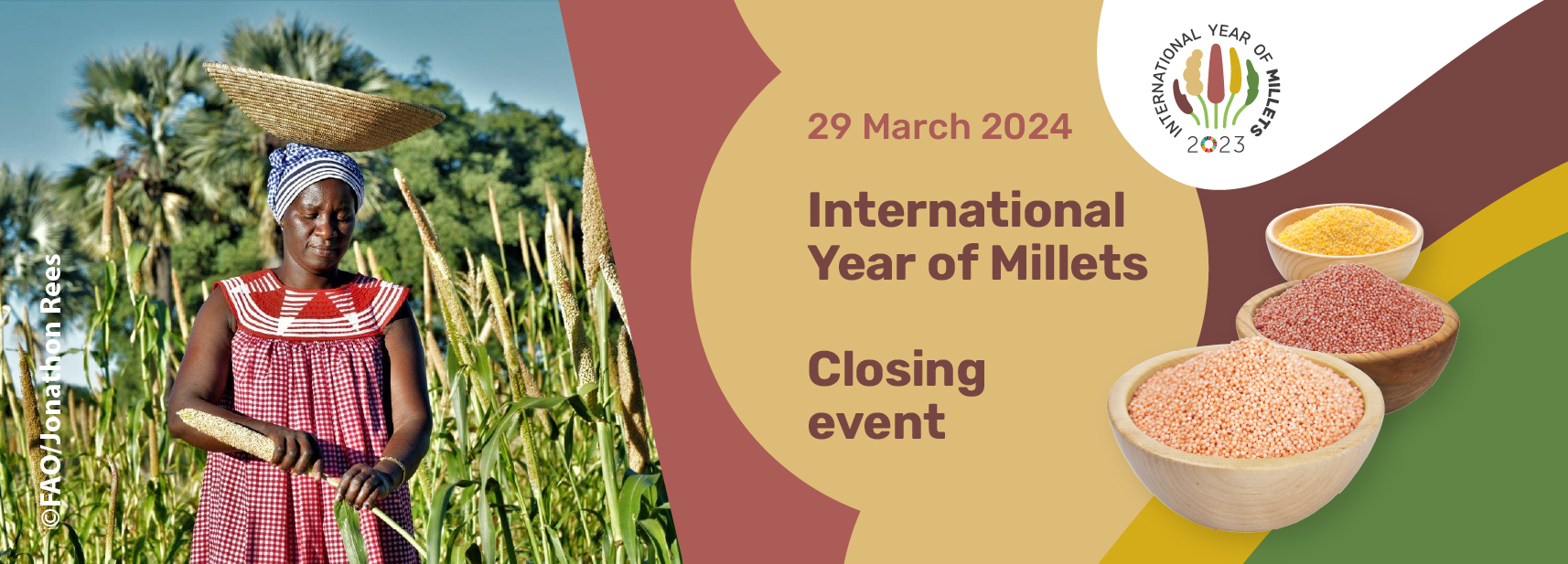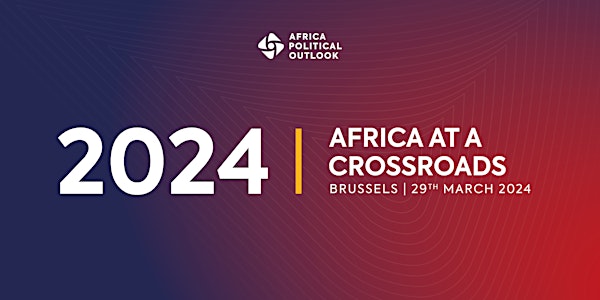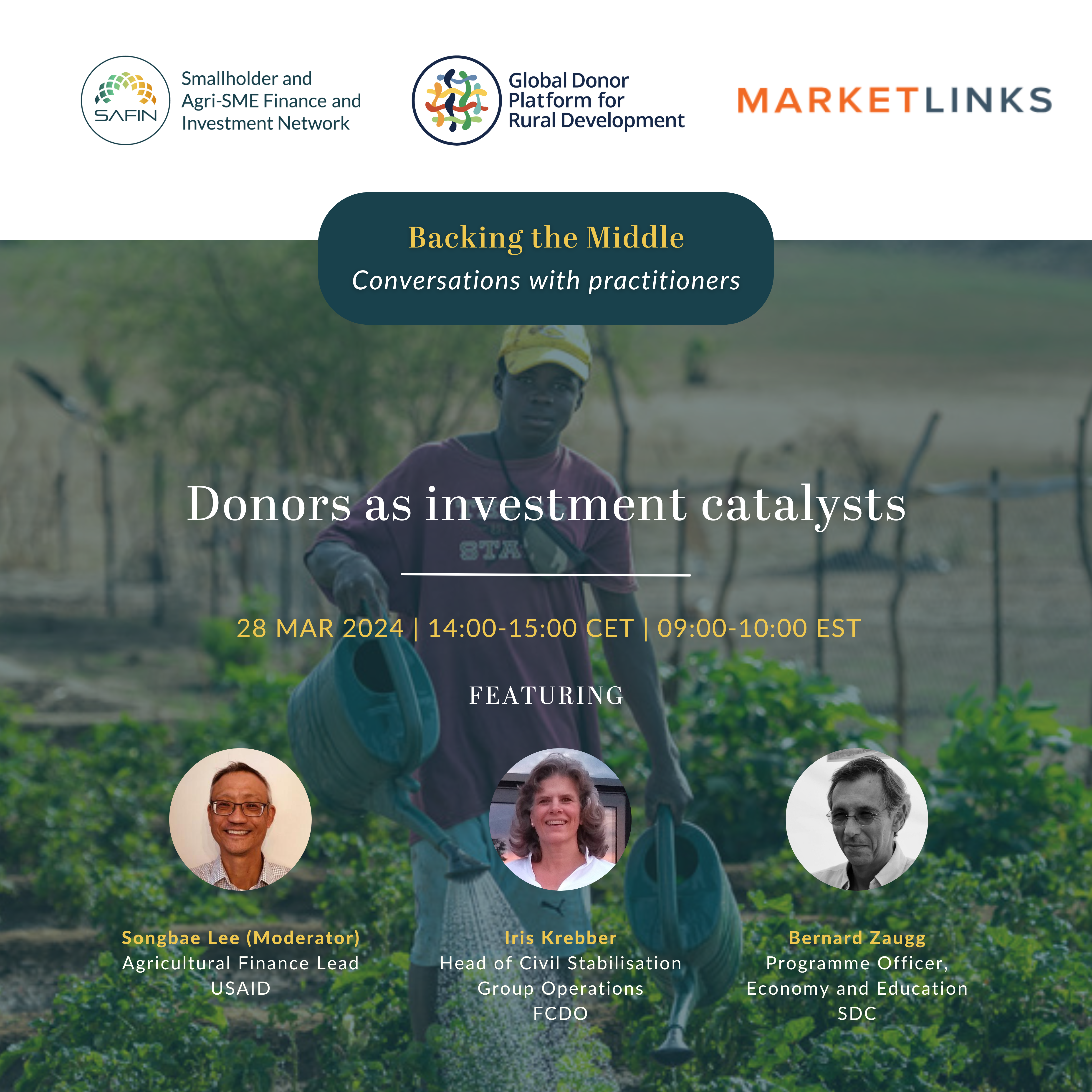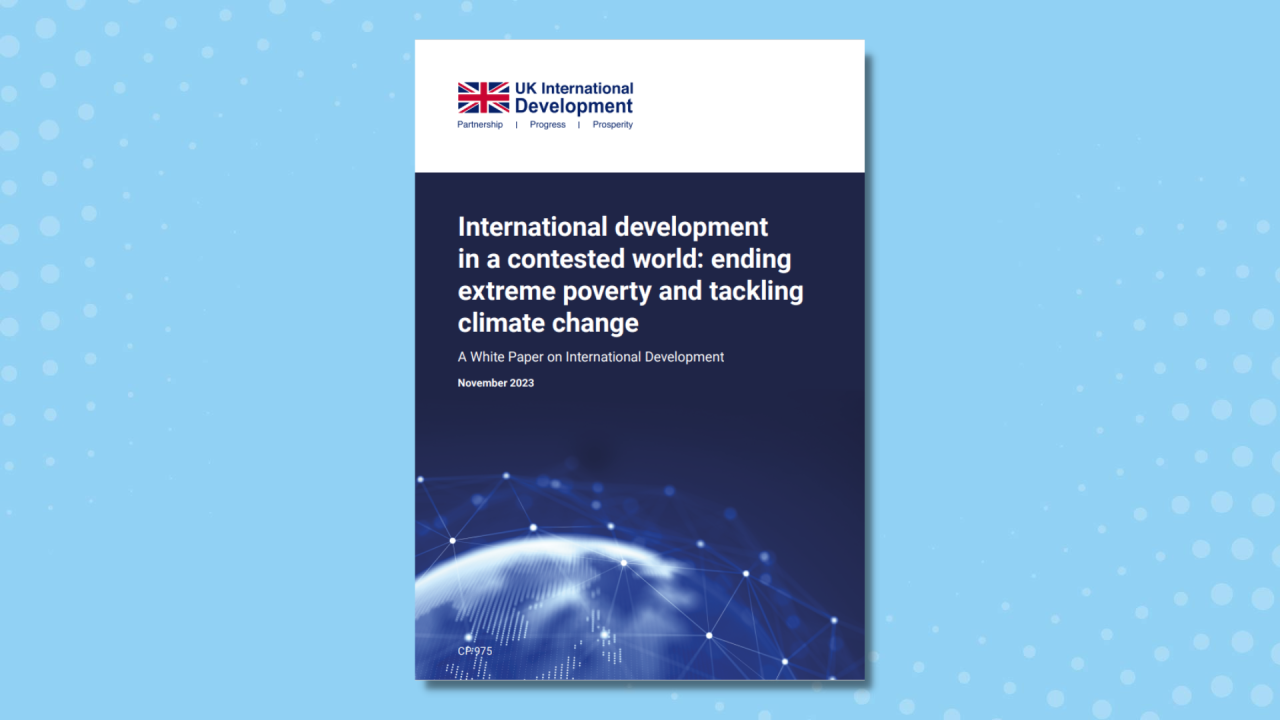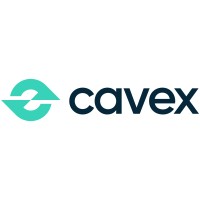See recording : https://www.fao.org/webcast/home/en/item/6489/icode/
Resource:
FAO, FARA (2024) Compendium of forgotten foods in Africa # 120 pThis new Compendium of forgotten foods in Africa is a first-of-its-kind comprehensive collection of 100 African forgotten food crops.
18 - 20 April 2024. The 33rd Session of the Regional Conference for Africa (ARC33) will put a spotlight on the FAO Strategic Framework 2022-2031 and the four betters: better production, better nutrition, a better environment, and a better life, leaving no one behind.
- The compendium list includes crops’ botanical classification, agroecological suitability, agronomic requirements, traditional and medicinal uses, value-added prospects and nutritional content. Among the entries are: African locust beans, African nightshade, baobab, Bambara nut, bush mango, cassava, fonio, marula, moringa, teff and tigernut.
- Embracing both agricultural heritage and innovation can transform agrifood systems across Africa. By cataloguing these forgotten or underutilized crops, traditional knowledge is being honoured in the push to unlock the potential for better nutrition, sustainable agriculture, and resilience against the climate crisis.
- The Compendium is a companion to the new publication Integrating Africa’s forgotten foods for better nutrition which explains the methodologies and analysis used to compile the Compendium.
- The publication is part of FAO’s work in Africa for better production, better nutrition, a better environment and a better life under the FAO Strategic Framework 2022-31.
Related:
18 - 20 April 2024. The 33rd Session of the Regional Conference for Africa (ARC33) will put a spotlight on the FAO Strategic Framework 2022-2031 and the four betters: better production, better nutrition, a better environment, and a better life, leaving no one behind.

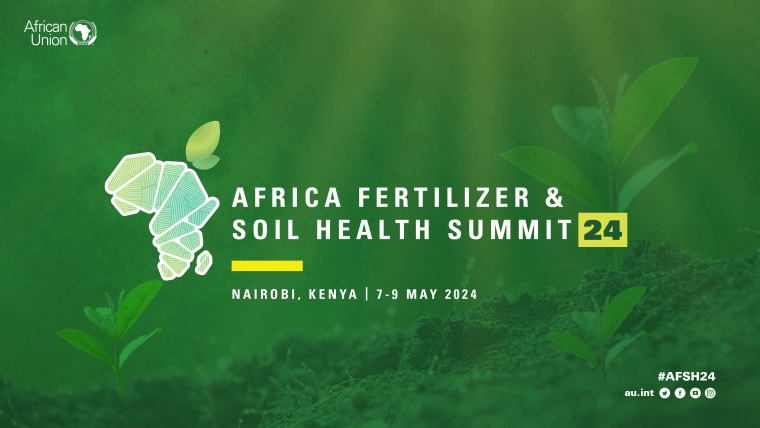
.png.webp?itok=V7jNvBWf)

